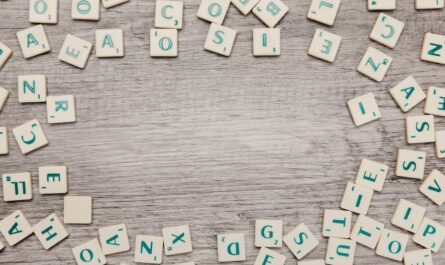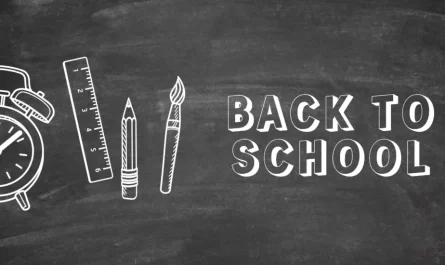In the early years of childhood education, children require hands-on learning experience. Through these hands-on experiences, children will experiment, explore, and engage with each other. This environment creates opportunities to develop and improve cognitive and motor skills.
Besides that, hands-on learning experiences keep children engaged for longer amounts of time. It helps to make preschool a fun and exciting experience for them. They will also get to improve the development of skills.
Preschool Curriculum
The preschool curriculum is an invaluable resource for early childhood education. The curriculum provides a detailed path for teachers.
Learning Materials are vital resources for hands-on learning. They offer children the opportunity to explore, experiment and engage. Creating a curriculum that utilizes a range of learning materials is important for better learning outcomes.
Structured Environments
The use of different learning environments benefits preschool children greatly. It exposes children to new environments and each one comes with different learning materials.
Each environment can feature different learning materials. For example, the classroom can contain books. The learning lab can exclusively contain other learning materials that facilitate learning and playing at the same time.
Educational Toys
Children naturally learn through playing. Providing the right materials can help children learn new things and learn faster.
Preschool toys don’t refer to soft toys. They are toys that children can effectively learn and develop their skills from. Examples include building blocks, flashcards, and other objects.
Teachers can also use educational materials to direct certain lessons. This helps them make a lasting impression on the children. These objects also make learning more fun and engaging for children.
Art & Craft Supplies
Art and craft activities are known to offer multiple benefits. These activities often allow children to express themselves. It brings out their creativity and thought processes.
Teachers are spoilt for choice when it comes to arts and crafts. This allows them to choose from many options, giving children more opportunities with new materials and techniques. Children will enjoy the freedom given to them during arts and crafts activities.
Sensorial Materials
Sensorial materials help children develop their senses. This includes their sense of smell, hearing, and touch. A variety of activities using sensory bins can help children develop in this area.
Allowing children to touch different textured materials, smell different objects, and listen to different sounds. This also helps children memorize objects and their characteristics.
Interactive Whiteboards
Whiteboards make excellent interactive learning materials. They allow children to effectively visualise and exercise their drawing abilities. They can draw on it, and learn through interactive lessons.
These materials offer children the opportunity for visual and tactile learning. Technology can also be brought into use with interactive whiteboards. This allows teachers to create more engaging activities.
Outdoor Activities
Outdoor learning sessions give children the opportunity to engage with a variety of objects that can be used as learning materials. Hands-on activities allow children to physically and mentally develop.
Playing sport-based games or physical games helps children get a first-hand experience of exercise. It also gets the children involved and gets them excited about being at preschool. You can also incorporate activities outdoors that cannot be done indoors.
Group Collaboration
Incorporating group activities and projects gives children the chance to work together and understand how teamwork works. Children will get a hands-on experience with children their age. Apart from this, they get to develop their social and emotional skills.
Starting group activities very early on can be a great advantage for children. It also helps teachers when children are able to work together. It provides a wide array of activities teachers can now implement.
Nature Based Learning
Activities that include nature will give children the ability to physically mix with plants. They will get to see and touch different plants and flowers which helps them learn through experiences.
They also increase their mental ability and vocabulary. As they see new nature-based objects they will learn new names. This allows them to use them in their daily lives and expand their literacy and language skills in a relatively short time.
Homework Kits
Parents can source a variety of practice kits to ensure hands-on learning doesn’t stop at home. These kits allow parents to carry out activities with their children and show their support for their education.
Kreedo Preschool, an expert in early childhood education solutions creates take-home kits that suit children’s needs. They provide all the learning materials necessary for children to have a hands-on learning experience.
Hands-on learning provides the platform for early childhood education. This approach ensures children remain engaged and interested, and develop a love for learning. Kreedo uses a hands-on approach to learning in combination with a play-based preschool curriculum. With their support and this list of learning resources, children are guaranteed a hands-on preschool education.




